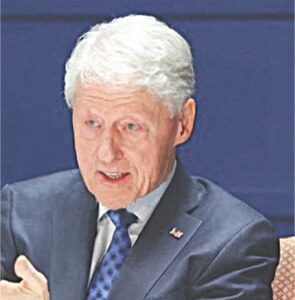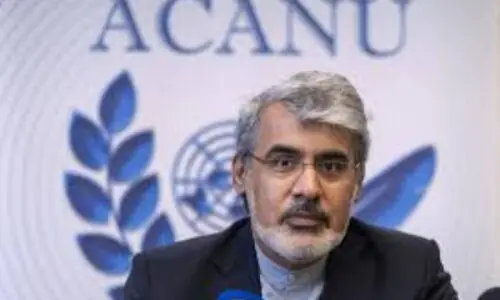I FIRST came to hear about Asim Akhund in 1995. He was at that time working with Hyderabad-based 'Sindh Renaissance Club', a cluster of young progressive thinkers that sought to reorient youth to progressive ideas.
These young people usually met in the evening, selected a book by some left-leaning author and studied it in their circle. They also had established a 'thinkers' library' in Hyderabad where they used to invite students, political activists, factory workers and peasants in its hall to restart the discourse of social justice.
Sindh Renaissance Club was one of the foremost formations of progressive cadres after the stagnation and repeated disintegration of left-oriented political parties in Sindh in the early1990s.
One of the stated aims of the Club was to extensively read and publish the original thinkers of global leftist movement to avoid theoretical revisionism. Its first series of interactive lectures was on the works of M.N. Roy. Asim was the driving spirit of the club. Within a few years, Asim succeeded in motivating and educating a considerable number of young political workers. In 2003, he launched Adarsh -- a magazine of progressive discourse -- and became its editor-in-chief.
Articulating the objectives of this magazine in its first editorial, he wrote
“Adarsh shall defend aspirations of working people, to realise the formation of a just human society and that social order shall inevitably eliminate the relations between oppressor and the oppressed. The contents of this magazine are aimed at protecting the interests of farmers, workers, women and low-caste sections of society.”
Asim was well-versed in Urdu, English and Russian languages and introduced a good number of translations in his magazine. A compilation of his articles, editorials, interviews and translations was (posthumously) published as 'Azadi Jo Fikr' (Thoughts of Freedom).
Born into a landlord family near Hyderabad, Asim had his higher education from Moscow State University in Russia where he married a Russian woman called Adina.
After his return to Pakistan, he opted for teaching philosophy at Sindh University Jamshoro.
He always welcomed inquiry and dialogue and his classroom at the University was a place where students could articulate their ideas with complete freedom.
Over the years, he became an ever-enriching source of inspiration for his students; an engine that moved them to think, read and engage.
On Sept 2, 2008 he died of a heart attack at the age of 32.
LIAQUAT THAHEEM
Karachi



























